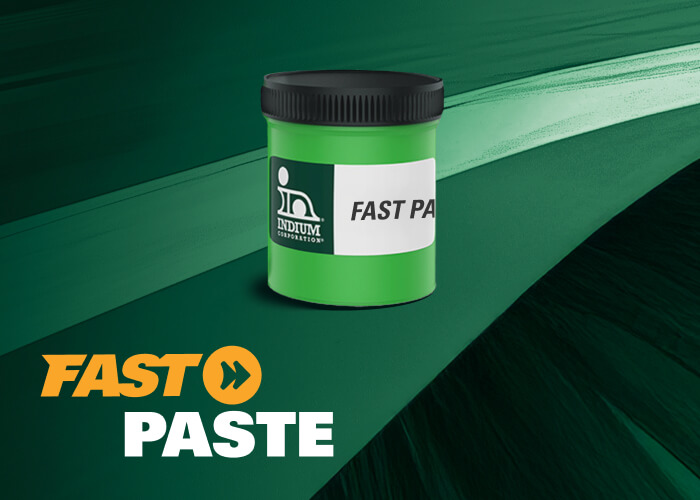Folks,
Recently, I ran into The Professor. He graciously agreed to an interview. The following is the discussion from our meeting. Note: I was a student and mentee of his in the ‘70s, hence he is used to calling me “Ronnie.”
Dr. Ron (DR): Professor, I’m glad you have some time to chat.
The Professor (TP): Ronnie, it’s good to see you after all of these years. I’m glad to see you finally learned to write decently. I’ve been reading your blogs…not too bad. Boy, the first time I edited your thesis years back…..
DR: Ah, er, thanks. Maybe after that compliment, I can ask some questions?
TP: Ask away Ronnie, ask away.
DR: Professor, you are one of the world’s experts on productivity. What is the biggest mistake you find that most people make regarding their facility’s productivity?
TP: Well that’s an easy one. It’s best to share it with a parable. Let’s say that the government has decided to let you print, legally, all of the money you want. They provide the printing machines, paper and ink. All you have to do is order what you need. They will deliver it in two days. You can use the money that you print any way you like. Being altruistic, you share the money with family and friends to a point that many folks now depend on you. Let’s switch roles, will pretend that I am you and you are me. Then pretend that you stop by for a visit to my facility and the “line” is down. You’ll ask me why, and I’ll respond in terms familiar to electronic assembly.
DR: OK, Professor, er, I mean Ronnie, why is the line down?
TP: Well, we couldn’t find the stencil, and it was close to break time, so we took a break.
DR: How long has the line been down?
TP: Maybe 45 minutes, after our break, we got sidetracked with a phone call from the boss.
TP: Let’s try again. Pretend you are visiting later in the day. See, if you can enhance the dialogue.
DR: OK, did you ever find the stencil?
TP: Well, we found the stencil an hour after your visit. It’s important also to talk to the boss when he calls, that took 30 minutes.
DR: Didn’t you tell him that you were looking for a stencil to get the line going?
TP: No, no, he’s the boss, he’s more important than the line. We got the line running and ran a short job.
DR: Why is the line down now?
TP: We’re doing a change-over, they take about two to three hours. Much of the time is loading the new components into the feeders.
DR: Why don’t you use feeder racks? I know they cost a little money, but they could cut your downtime for change-overs to less than 30 minutes.
TP: We have feeder racks. It’s too much work to load them when a job is running. We all take a break then.
TP: Let’s try one last time.
DR: Hi! I see the line is down again. What’s up?
TP: Well, we just had lunch so we let the line idle. We have a new solder paste that is $0.02/gram cheaper than the premium paste we used to use. Purchasing made us use the new paste to save money. It stiffens up when left on the stencil for 15 minutes. So every time we stop the line the paste stiffens up and we have to clean it off and put new paste on.
TP: Well let’s stop our scenario. What do you think Ronnie? Suspend your past knowledge and act like you are new to the productivity issue.
DR: The line was never running. Surely this can’t be the case.
TP: Well, you remember the story of Patty at ACME.* Their line was only up 10% of the time. People just don’t seem to understand that the only thing making money in their electronic assembly facility is the assembly line. If the line is not running it is a crisis. Management and the assembly team should all be in tune to this truth. When stated as a machine that prints money it is more obvious to most people that the line should always be running. But, an assembly is the same as a machine that prints money!
DR: A profound point!
TP: Thank you. Sadly, the highest uptime I have ever seen is 32.7%. If North American and European assemblers could raise their uptime from say 20 to 30%, they could easily compete with low wage assemblers. Hence, lack of urgency in assuring uptime is the biggest plunder in electronic assembly today!
DR: Thanks, Professor
* The story of ACME and Patty will be in a future post.



